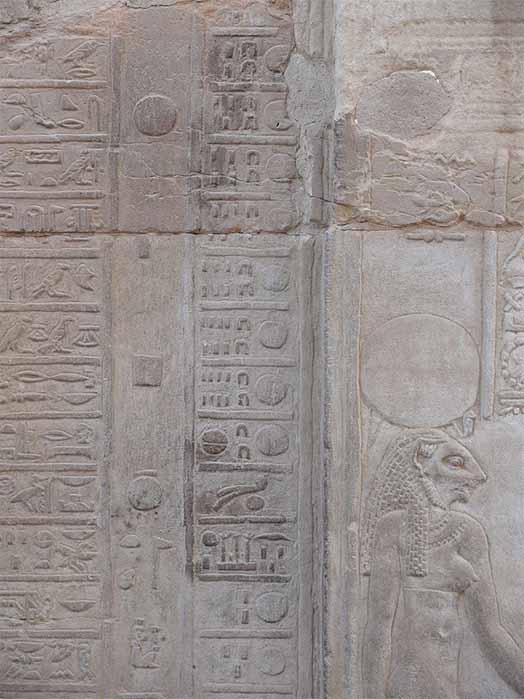
Honor The Sabbath Day - The Birth Of The Week
To the Hebrew prophets Isaiah, Amos and Hosea, the Psalms and the Book of Kings, the Sabbath signified the Full Moon, whereas for Jews in the days of ancient Rome it came to mean one day out of a seven-day week. How did that transition come to be? Josephus describes how Judaism spread around the Mediterranean – there were some 7-8 million Jews in the Roman Empire – taking the seven-day week with it. Everyone liked the idea of the Sabbath, he explained, as a day of rest every seven days. It was one of the more attractive features of the religion. Roman writers were then commenting upon how the ‘week’ was a relatively new idea.
The historian Dio Cassius (155-235 AD) alluded to the seven-day week as having originated in Egypt, not long before his time: “The custom, however, of referring the days to the seven stars called planets was instituted by the Egyptians, but is now found among all mankind, though its adoption has been comparatively recent; at any rate the ancient Greeks never understood it, so far as I am aware. But since it is now quite the fashion with mankind generally and even with the Romans themselves…”

The death of Cleopatra by German Von Bohm (1841) (CC BY-SA 3.0)
August 20, 30 BC- Cleopatra Makes a Date
This begs the question: what is the first date, when a day of the week can be dated, when it links up to a calendar system? That dates back to 30 BC, at the termination of the great dynasties of Egypt and in fact to the day when Cleopatra clasped an asp to her bosom, choosing to die rather than submit to Rome. That event sufficiently impressed the world so much that both the date and the day of the week; August 20, 30 BC; on a Sunday - are remembered.
From that date on, the seven-day week has rolled on unstoppably, through the centuries and millennia. Used everywhere, it has to be the world’s greatest invention. But who invented it? The Egyptians, it has been widely supposed, because of their ‘astrological’ belief that planetary powers ‘ruled’ days and hours. However, there is an absence of documentary evidence for such, as Bultrighini (2021) explains: “It is within such astrological context in early imperial Italy, that we find the earliest traces of the use of the planetary week of astrological origin… The idea that the planetary week originated in Ptolemaic Egypt is not provable, as there are no traces of this concept in any source of the Hellenistic period. In fact there is no evidence of a planetary week in ancient Egypt, Mesopotamia, the Hellenistic world, or anywhere further east, before the second century AD.

A section of the hieroglyphic calendar at the Kom Ombo Temple, displaying the transition from Month XII to Month I without mention of the five epagomenal days. (Ad Meskens / CC BY-SA 3.0)
Months or Weeks?
Was the week invented North or South of the Mediterranean? It is strange to have this dilemma, as to whether the planetary week was born in Italy or Egypt! But the location of its genesis may not be as crucial.
One may ask: what is the earliest text to feature the seven-day week in the context of a calendar scheme? The Hebrew Book of Jubilees 6:30, circa 135-105 BC, whose fortunate author was able to peruse the ‘heavenly tablets’ states: “And all the days of the commandment will be two and fifty weeks of days, and (these will make) the entire year complete. Thus, it is engraven and ordained on the heavenly tablets.” The equation here implied is: 7 x 52 = 364 days.





